Psychology Professor Chris Ferguson On Campaign To Remove Slavery From TTRPGs: “I Don’t See Evidence That It Will Actually Help Anyone”

In the wake of Paizo Inc. Publisher Erik Mona announcing the RPG will completely remove slavery from its popular tabletop RPG Pathfinder and rising calls s to do the same to other pen-and-paper staples, noted psychology professor Christopher J. Ferguson opined that, despite such censorious efforts professing to be done under the auspices of protecting players from confronting ‘upsetting’ content, there is no “evidence that it will actually help anyone.”
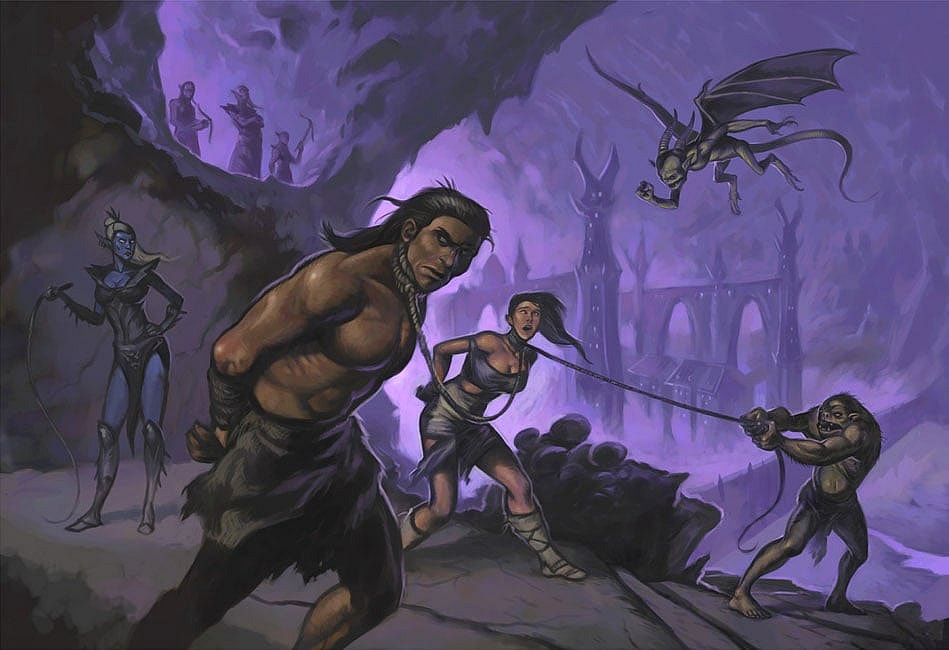
Ferguson, who is a Professor of Psychology at Stetson University, expounded his feelings towards the ongoing debate in a Medium article published on January 2nd, beginning his piece with a note on the very real human history of slavery and a recap of the recent events that led to Paizo’s decision to wholesale drop the concept of slavery from Pathfinder before moving to ask the question that led him to write on the topic.
“Exactly what this [removal] entails for the Pathfinder setting has been left a bit unclear,” said the doctor of clinical psychology. “The more interesting question for me is whether this kind of decision actually helps anyone.”

Moving to address this question, Ferguson stated, “First let’s make an obvious distinction: If Pathfinder were portraying slavery as something that happened only to black people, or portrayed slaves as happy or deserving their condition, this would be explicitly racist and deserving of condemnation. But this is not what Pathfinder has done.”
“Indeed, slavery is portrayed as evil and brutal,” he clarified. “Role-playing systems are generally pretty open, allowing players a free range of choices of how to behave, but the core rulebook explicitly suggests players be prohibited from owning slaves or profiting from slavery.”
He then noted that “individual games could theoretically ignore that, but in 40 years of playing RPGs I’ve never seen a player express a desire to own a slave,” albeit conceding, “it’s a big world out there so of course I can’t say it never happens.”

Turning to common arguments levelled against those against the unnecessary and virtue signaling changes being made to many TTRPGs, Ferguson argued, “Well, if you don’t like the changes, you’re free to not incorporate them in your own game,” holds true, “it also cuts both ways.”
“The official rules could have remained unchanged, but people were free to remove slavery entirely from their games as well,” he maintained. “This really isn’t an important argument. Undoubtedly, many folks making this argument would change their tune if the winds turned against them.”
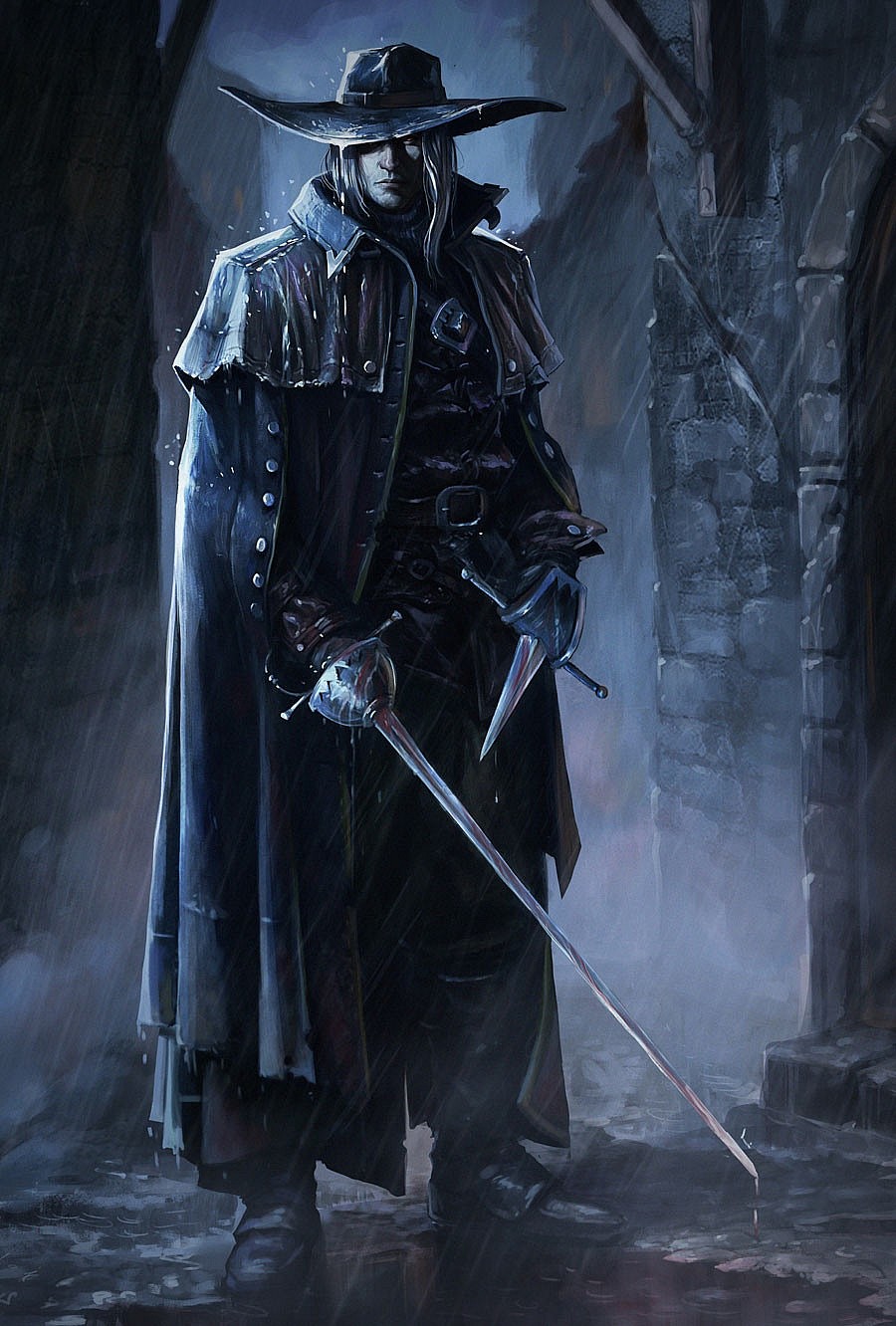
He continued, “The next, and more valid argument is: Well, what’s the harm in removing slavery from the game? If some people are upset by it, aren’t their needs greater than those who are just in it for the role-playing?”
“This raises two interesting questions,” Ferguson noted. “First, do the people advocating for change represent a consensus view? So, for instance, does the anonymous letter writer in the Paizo case represent a common or consensus view among black players? And second, is there evidence that removing controversial material that isn’t explicitly racist/sexist/etc., is helpful to players, whether combating racism or alleviating mental illness.”
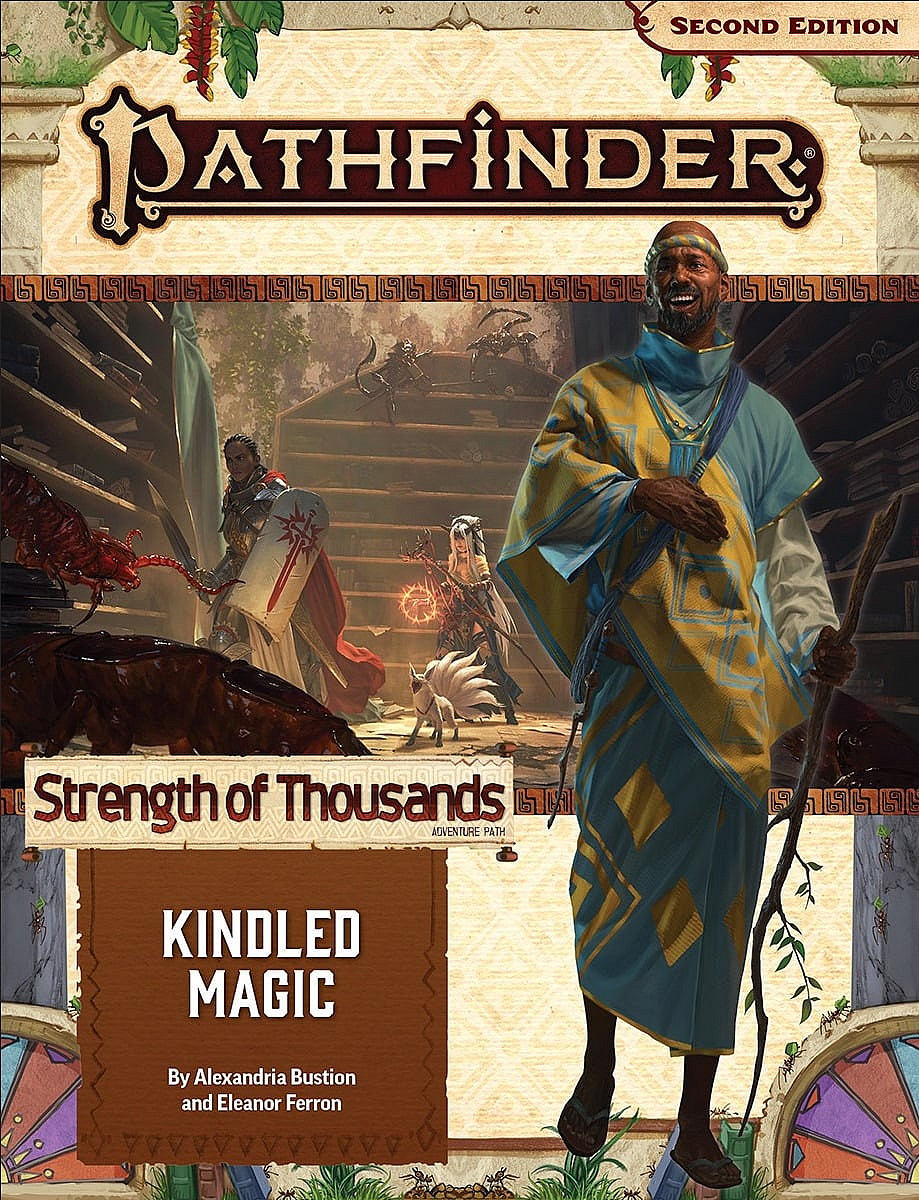
Though he admitted that “We don’t have data on this regarding Pathfinder’s inclusion of slavery,” Ferguson brought up how “we do have data on a parallel controversy over ‘evil’ monster races in role playing games,” citing “a study of players and non-players from diverse backgrounds, forthcoming from the journal Current Psychology” apparently conducted by the professor himself.
“I found that the belief ‘evil’ orcs (a monster race) are offensive is a distinct minority view, including among people of color,” he revealed. “Further, no evidence emerged that playing Dungeons and Dragons (Pathfinder’s main rival) was associated with racist attitudes in real life. This is only one study of course but, in effect, it suggests that advocates for woke changes in RPGs represent a minority view and these changes have little actual practical value.”
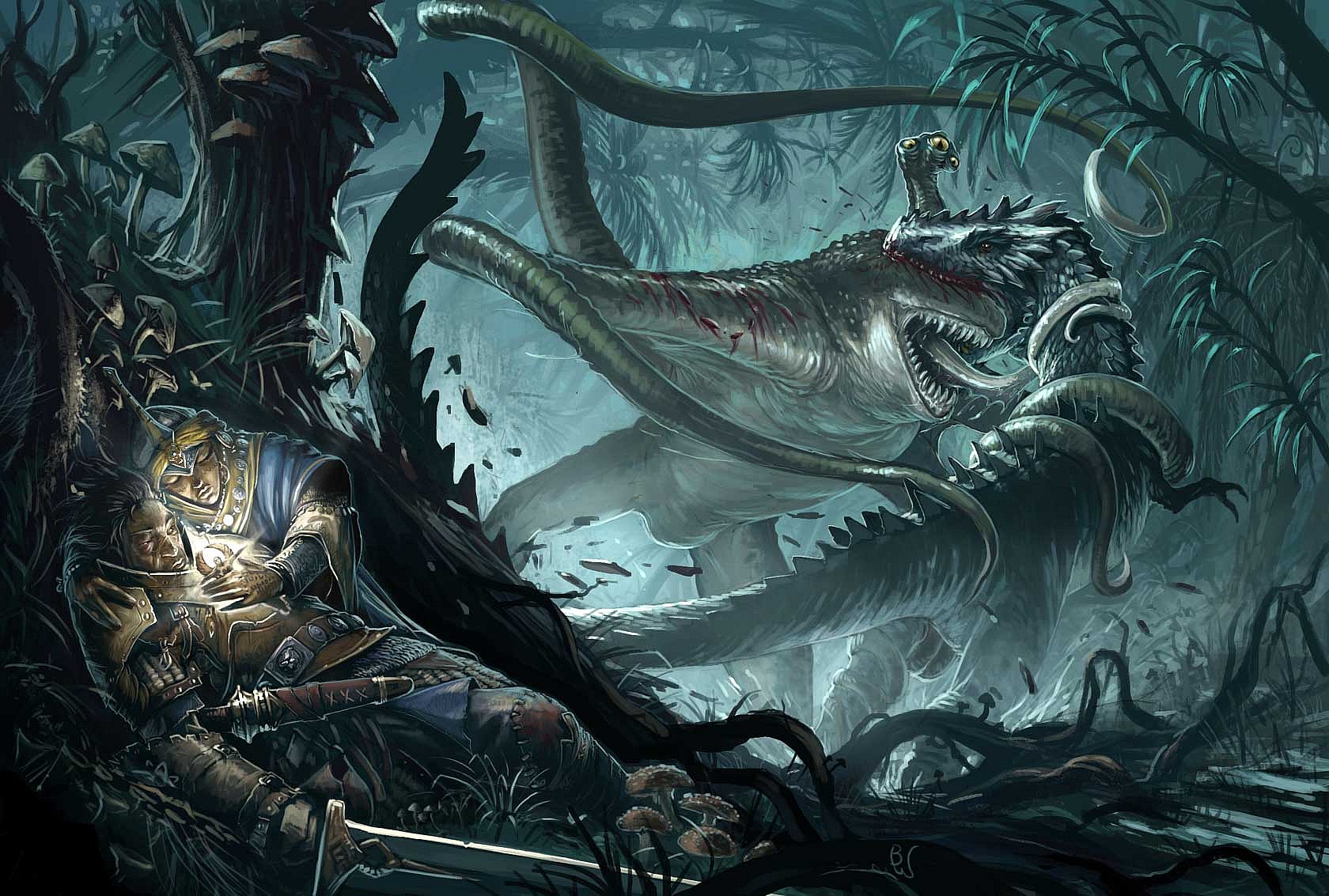
Given the above, Ferguson informed his readers that while “evidence is murky” that such changes would even be of any benefit to the aforementioned minority of players, “what we have suggests that not only are moves to remove content from games unlikely to help players who are anxious or traumatized but, in fact, such moves may actually backfire contributing to escalating mental health crises.”
“The reason for this is pretty simple,” he explained. “Avoiding things that make us anxious, particularly when the triggering event is fairly subjective (hence my distinction between explicit racism and fighting slavery as heroes) can actually increase anxiety and neuroticism rather than lessen it.”

Ferguson then proposed that such concerns were emblematic of the concept of safetyism, or “the tendency for society to shield people from all aversive stimuli even when confronting that aversive stimuli might build resilience and character.”
Pointing to how a book on the subject by Greg Lukianoff and Jonathan Haidt titled The Coddling of the American Mind: How Good Intentions and Bad Ideas Are Setting Up a Generation for Failure connected “safetyism to increasingly poor mental health,” Ferguson stated that he found “their arguments compelling.”
“We can see data for this in academia, for instance, where evidence is now clear that trigger warnings tend to increase anxiety in students rather than decrease anxiety,” he said. “Role-playing games are only a small part of this but, like many left-spaces, the increasing obsession with catering to outrage and anxiety may be contributing to a vicious cycle rather than actually improving matters for anyone.”
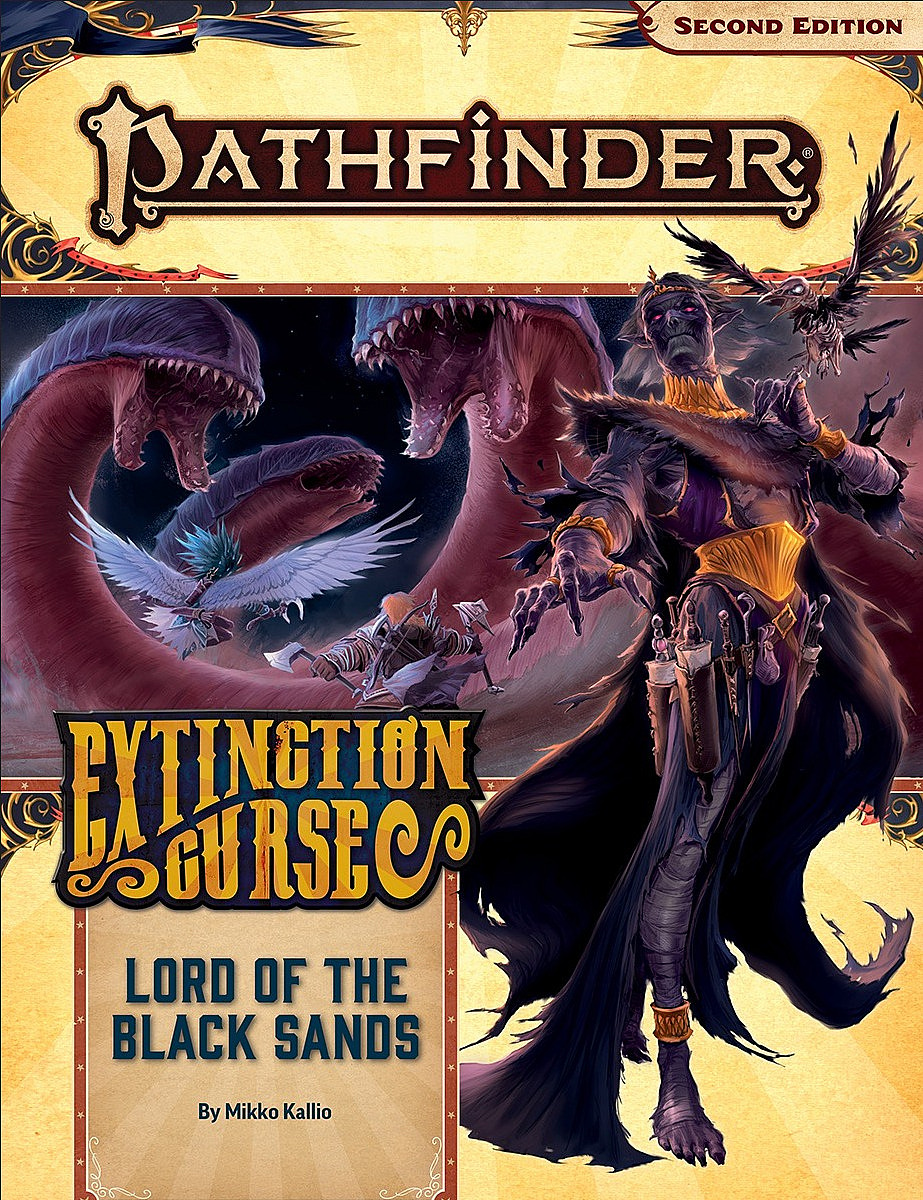
He also argued that “the issue of outrage” also played a role in the regular formation of such backlash campaigns, noting that “for the past decade, we’ve become mired in an escalating cycle of outrage on both left and right [and] critiques that don’t fit the narrative are met with ad hominem (“you’re just a bigot/Nazi/snowflake/etc.) or moral granstanding (sp?).”
“Much of this comes from whipping up mobs on social media, particularly when companies such as Paizo forget that Twitter mobs don’t represent a societal consensus,” he added. “The problem with caving to outrage is that it merely incentivizes more outrage. This is a pretty basic psychological concept: reward a behavior and you get more of it.”

“There is also the broader societal concern that by cleansing fantasy realms of what had been a near-universal human sin we reduce our options for grappling with those realities, particularly in settings where slavery is presented as an unqualified evil,” Ferguson continued. “The topic is, by nature, unpleasant, but slavery remains a part of reality in many parts of the world today, whether Uighur genocide camps in China, or forced labor throughout the world. I’m not sure that removing it from fictional realms benefits our awareness of this troubling phenomenon.”
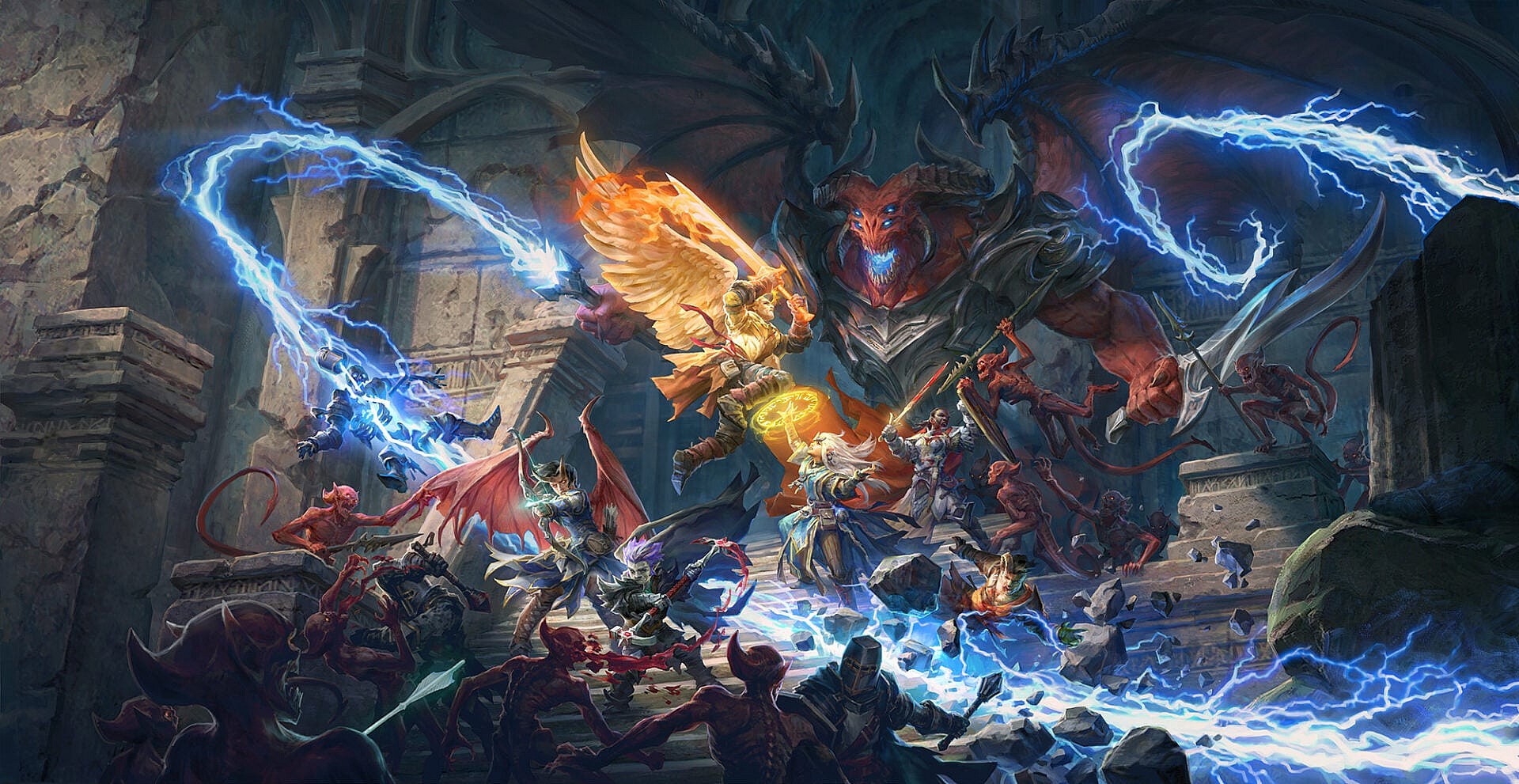
As his piece drew to an end, Ferguson affirmed, “I do believe Pathfinder’s decision was done in good faith. But I don’t see evidence that it will actually help anyone.”
“The problematizing movement coming from the woke left is likely doing more harm than good, even to the communities they ostensibly are speaking for,” he concluded. “Ultimately, role-playing companies will benefit from understanding that the loudest voices are not always reflecting a community consensus and that the road to Hell is often paved with good intentions.”
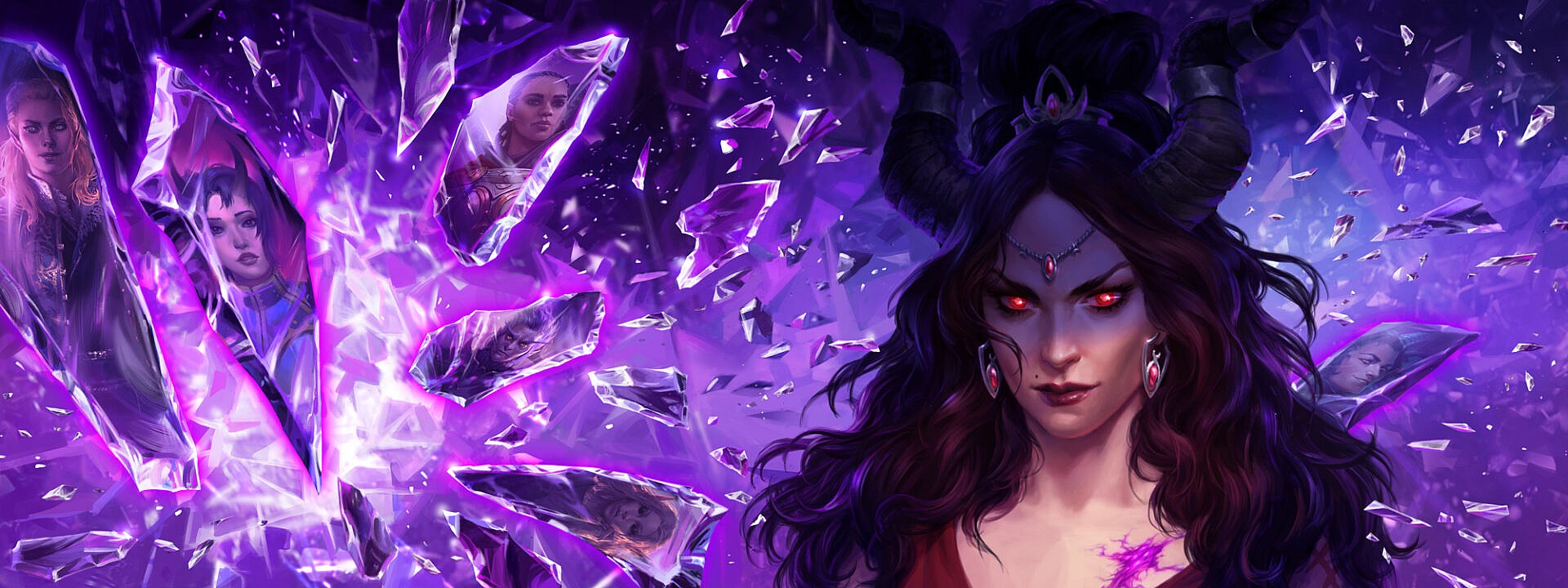
What do you make of Ferguson’s argument? Let us know your thoughts on social media or in the comments down below!
NEXT: Player-Curated List Of Woke and Non-Woke TTRPG Companies Sparks Discourse Among Listed Entities
